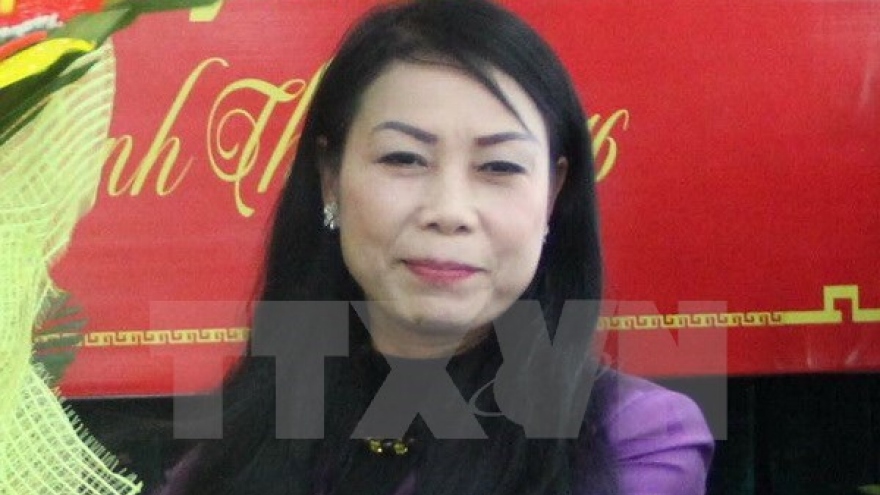Inspection work has improved, but problems remain
Wednesday, 11:28, 13/12/2017
The national watchdog has made notable improvements in its work, but the problems of overlapping, delays and corruption persist, Inspector-General of the Government Inspectorate Le Minh Khai has acknowledged.
 |
According to the head of the Government Inspectorate, “comprehensive inspections” have been conducted in all areas lying within State management, with a focus on “problematic and controversial cases” that received extensive public attention.
These efforts have helped reinforce rule of law and ensure social and legal order, he added.
His office, together with provinces and ministries, has been committed to directing quick settlements of complaints and denunciations, with due attention paid to long-standing ones.
However, the Government Inspectorate has found numerous cases that continue to pose potential threats to social order and political stability, especially with religious and political elements, the meeting heard.
Chairing the meeting, Deputy Prime Minister Truong Hoa Binh lauded the achievements made in the implementation of the two laws, but urged “timely adjustments and solutions to address weaknesses and limitations,” meeting the people’s expectations and State management’s demands.
The Deputy PM asked ministries and localities to strictly follow through on the central-level guidelines and plans, abide by Prime Minister’s orders in improving inspection works of enterprises, and ensure that every step of the inspections and drawing of conclusions is “done transparently, objectively, with clarity on the scale of violation and damages caused.”
Deputy PM Binh also stressed the need for follow-up inspections to see whether the violators have corrected themselves after inspection verdicts are handed down.
He said this would "ensure that the inspection results are meaningful and are making positive changes".
On citizen receptions (meetings organised to receive complaints, petitions and denunciations from the public), Binh said these should be frequent and regular and abide by relevant rules.
Ministers, head of ministerial-level agencies, chairpersons of provincial People’s Committees, and directors of State agencies should also make time to meet the public, to “directly engage and converse with citizens,” and hear their concerns and expectations, Binh added.


